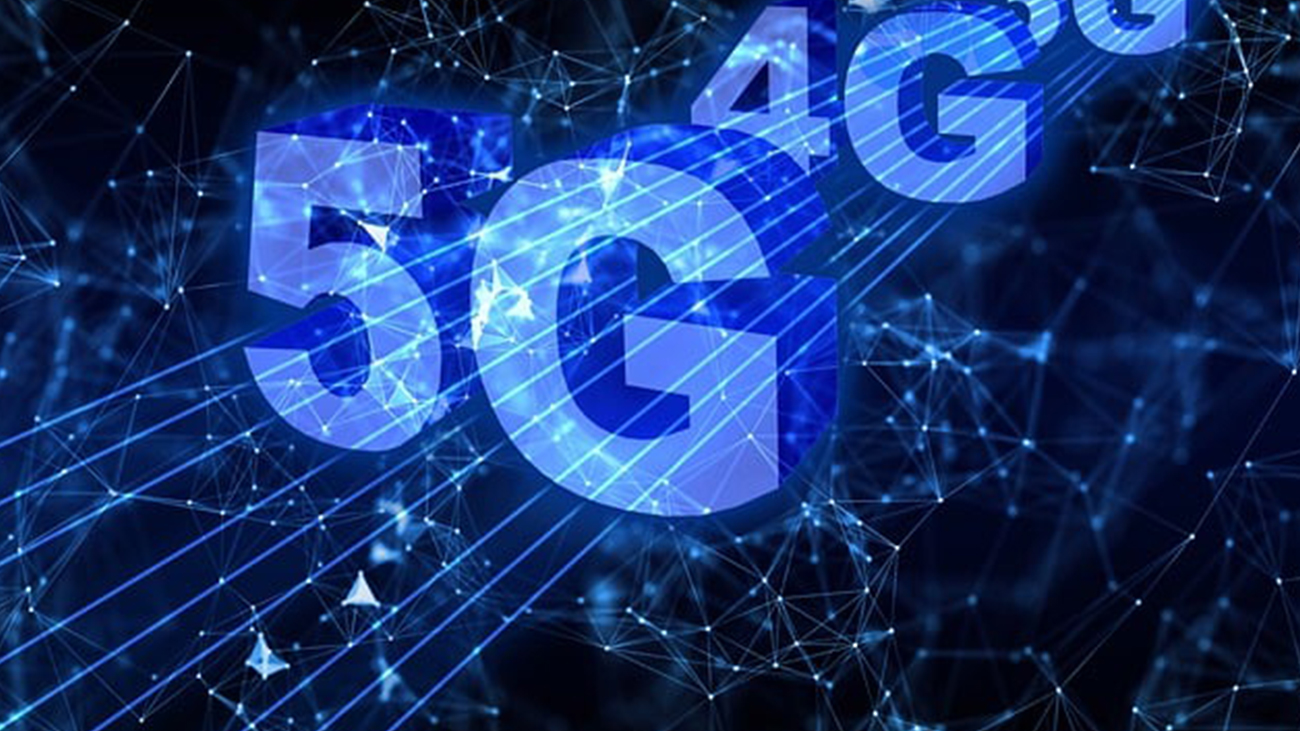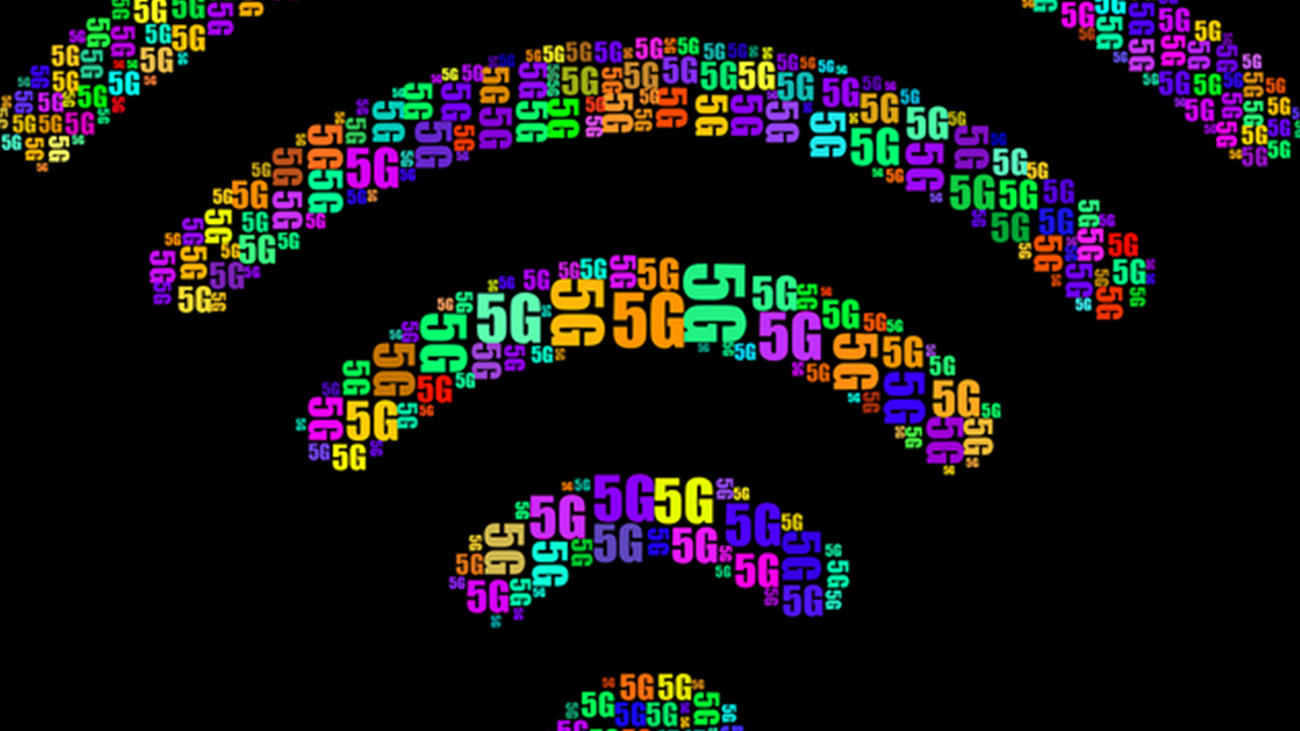The Future of Connectivity: Exploring the 5G Network Revolution
From 5G home internet to seamless integration with IoT (Internet of Things), the 5G network is a leap forward in mobile technology.But what makes 5G so transformative? Why should you care about its potential?
In this article, we will explore the benefits of 5G, understand how 5G works, and dive into the future of 5G technologies. Whether you’re curious about the capabilities of 5G, its role in private 5G networks, or how it compares to 4G LTE, this comprehensive guide will provide valuable insights.
Table of Contents

How Does 5G Work?
The 5G network operates using a blend of advanced technologies, including 5G NR (New Radio), which is its standard communication framework. Unlike 4G LTE, 5G is designed to use high-frequency millimeter waves, low-band frequencies, and mid-band spectrum to achieve a perfect balance of far-reaching coverage and lightning-fast speeds.Here’s how 5G works:
- High Bandwidth, Low Latency: By leveraging millimeter waves, 5G delivers ultra-fast speeds and lower latency compared to previous generations of cellular technology.
- Network Slicing: 5G introduces network slices, which allow network operators to allocate specific parts of the 5G infrastructure for particular use cases, such as autonomous driving or industrial IoT.
- Massive MIMO: Multiple-Input Multiple-Output (MIMO) antennas enhance network capacity, enabling the support of thousands of devices per cell.
The Role of 5G NR
5G NR networks represent the backbone of this next-generation technology. They utilize advanced waveforms and modulation techniques to support diverse applications, from 5G home internet to private 5G networks.
What Are the Benefits of 5G?
The benefits of 5G extend far beyond faster internet speeds. It enables a new era of mobile technology that expands the possibilities for both consumers and businesses alike.
Enhanced Speed and Connectivity
5G can deliver speeds up to 100 times faster than its predecessor, 4G LTE, with peak download speeds reaching up to 10 Gbps. This means activities like streaming 4K videos, downloading large files, or participating in real-time gaming will become faster and more seamless.
Low Latency
The low latency of 5G—as little as 1 millisecond—paves the way for applications that require real-time responsiveness, such as remote surgery, autonomous vehicles, and AR/VR experiences.
Massive IoT Integration
With its ability to connect up to 1 million devices per square kilometer, 5G is instrumental in driving the scope of mobile technology beyond the capabilities of 4G LTE. From smart cities to industrial automation, 5G networks enable a truly connected ecosystem.
How Is 5G Different from 4G LTE?
While 4G LTE networks revolutionized mobile internet with high-speed connectivity, 5G is the next generation that takes it to an entirely new level. Here’s how they differ:
| Feature | 4G LTE | 5G Network |
| Speed | Up to 1 Gbps | Up to 10 Gbps |
| Latency | 20-30 ms | As low as 1 ms |
| Connectivity | Limited IoT Support | Massive IoT Integration |
| Frequency Spectrum | Low and Mid-Band | Low, Mid, High-Band |
| Applications | Consumer Mobile Use | Autonomous Vehicles, Smart Cities, AR/VR |
The rollout of 5G represents a shift from a consumer-focused wireless network to one that supports industries, infrastructure, and futuristic applications.
Applications of 5G: Real-World Use Cases
1. Autonomous Driving and Smart Transportation
The low latency of 5G is critical for real-time communication between vehicles, enabling safer and more efficient autonomous driving systems. Private 5G networks in smart cities will also transform public transportation and traffic management.
2. Healthcare Innovation
In the medical field, 5G networks enable breakthroughs like remote surgeries, real-time patient monitoring, and AR-assisted medical training. The low latency of 5G makes these applications possible.
3. Industrial Automation
Factories equipped with 5G infrastructure can use robotic automation, predictive maintenance, and IoT sensors to optimize production processes and reduce downtime.
4. Enhanced Entertainment and Gaming
With ultra capacity 5G, immersive AR/VR experiences and cloud gaming will become mainstream, offering new levels of interactivity and realism.
What Is the Future of 5G?
The future of 5G lies in its ability to integrate with emerging technologies like AI, IoT, and blockchain. As 5G technologies evolve, they will drive innovations that are currently unimaginable.
Key Trends to Watch:
- 6G Development: While 5G is the fifth generation, research into 6G is already underway, promising even faster speeds and new capabilities.
- Private 5G Networks: Industries like healthcare, manufacturing, and logistics will increasingly deploy private 5G networks for secure and customized connectivity.
- Global 5G Coverage Map: The expansion of 5G coverage will bridge the digital divide, bringing high-speed internet to remote and underserved areas.

How Fast Is 5G?
Fast is 5G? The simple answer: incredibly fast. With 5G download speeds up to 10 Gbps, it significantly outperforms 4G LTE. But speed isn’t the only factor—5G also excels in reliability, consistency, and capacity.
Choosing the Right 5G Device
To take full advantage of 5G, you’ll need a 5G-compatible device. Many 5G phones are already on the market, offering enhanced features and seamless connectivity. 5G wireless devices are also being developed for home and business use.
Is 5G Home Internet the Future?
Yes, 5G home internet is already transforming how we connect to the web. With speeds that rival fiber-optic connections, it provides a flexible and cost-effective solution for areas with limited broadband infrastructure.5G home internet is available in many regions and continues to expand as internet service providers adopt this technology.
Internal Links to Explore the Role of Magnets in 5G Technologies
- Learn more about the role of customized NdFeB magnets in 5G infrastructure here.
- Discover how magnets in automotive applications support 5G-enabled autonomous vehicles here.
- Explore the connection between neodymium magnets in wind turbines and efficient 5G power solutions here.
Conclusion: The 5G Network Revolution
The 5G network is more than just a faster version of 4G LTE—it represents a transformative leap in network technology. By delivering unparalleled speed, connectivity, and versatility, 5G is poised to redefine industries, improve lives, and pave the way for a connected future.
Key Takeaways:
- 5G is designed to handle the demands of modern technologies, such as IoT, AI, and AR/VR.
- Its low latency and ultra-fast speeds make it ideal for applications like autonomous driving and remote surgery.
- The rollout of 5G continues to expand, bringing broader coverage and accessibility.
As we embrace the next generation of wireless technology, the potential of 5G is limitless. Are you ready to experience the future of 5G? Let us know your thoughts in the comments below!
Welcome to our factory’s custom NdFeB magnet services, where your ideas and needs become reality.
Simply share your concepts, requirements, or design drawings, and we’ll work closely with you to produce high-quality NdFeB magnets tailored to your exact specifications and performance standards.
You’ll benefit from competitive pricing, complimentary samples, and professional technical support from our dedicated team, making the customization process worry-free, safe, and cost-effective.
Our goal is to ensure that your products achieve outstanding performance with the highest level of quality and precision.
Economic Development Zone, Industrial Park, Shehong City, Sichuan Province, China.
Contact
News
US Department of Defense Allocates $5.1 Million to Recover Rare Earths from E-Waste
On January 17, 2025, the US Department of Defense announced a $5.1 million allocation to Rare Resource Recycling Inc. under the Defense Production Act.
China Revises and Implements the “Regulations for Outward Direct Investment Statistics,” Including Rare Earth Oxides
It is reported that on January 1, 2025, the Ministry of Commerce, the National Bureau of Statistics, and the State Administration of Foreign Exchange officially implemented the revised “Regulations for Outward Direct Investment Statistics.”
Canada Rare Earth Acquires Majority Stake in Laos Rare Earth Refinery
According to Magnet Materials News, on January 9, 2025, Canada Rare Earth Corp. announced plans to acquire a 70% stake in a rare earth refinery in Laos. This acquisition aims to enhance supply security and economic benefits.



